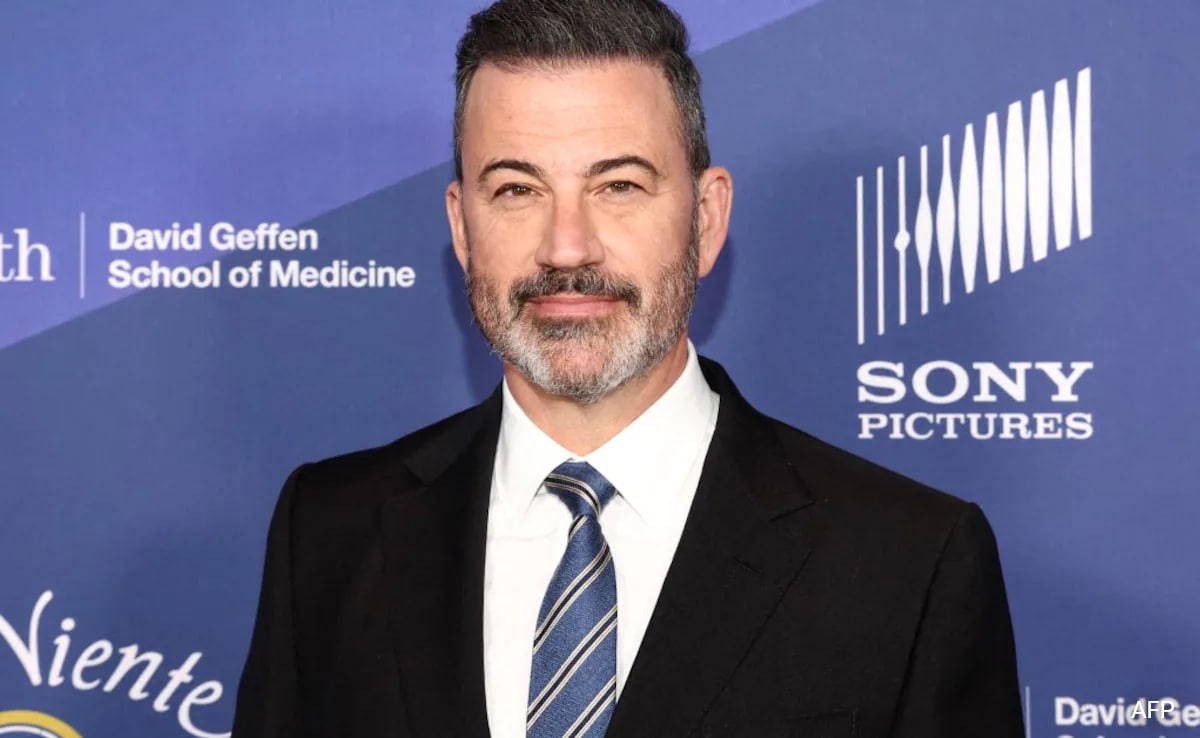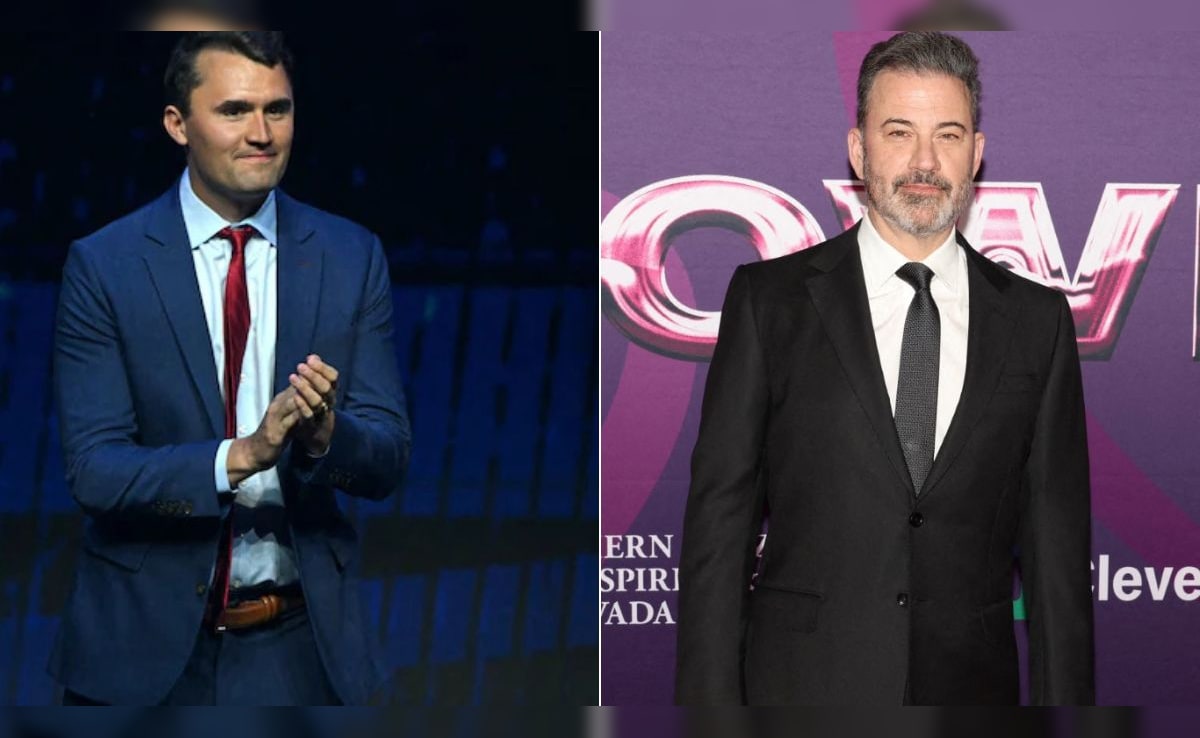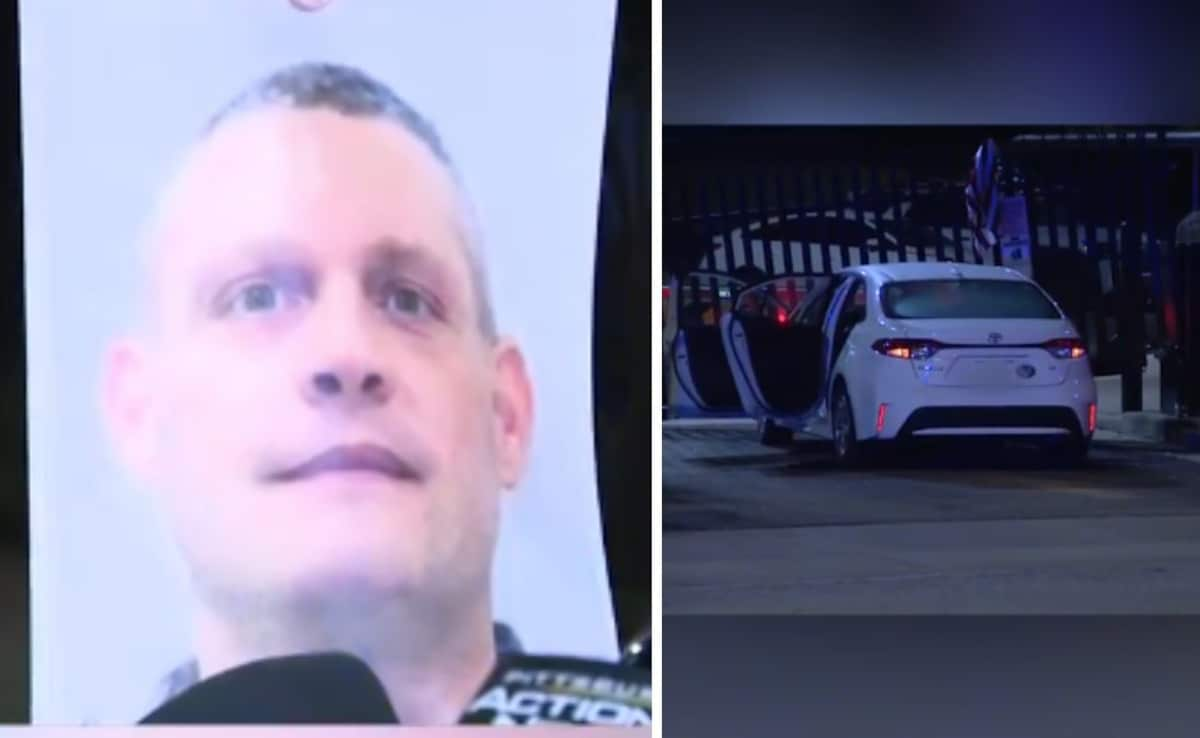Speaking to the State Duma, Russia’s lower house of parliament, Lavrov said: “It would suffice to mention the increasingly provocative exercises held near our borders, the drawing of the Kyiv regime into the NATO orbit, its supply with lethal weapons, and the push for its direct provocations against the Russian Federation,” according to an official transcript of his remarks.
In Paris, French President Emmanuel Macron is pushing for a diplomatic solution in four-way talks involving France, Germany, Russia and Ukraine.
Macron will also put forward his own proposal to de-escalate the crisis to Russian President Vladimir Putin in a phone call Friday.
Moscow has massed more than 100,000 troops and military equipment near Ukraine and is running simultaneous military exercises, as two weeks of high-level shuttle diplomacy have failed to resolve the crisis over Moscow’s key demand that Ukraine and other countries be blocked from NATO membership.
Moscow officials’ rhetoric has grown increasingly belligerent as Russia has increased its military buildup near Ukraine, steadily intensifying the pressure on Washington and NATO to accept its demands.
Putin accused Kyiv last month of “genocide” in the eastern separatist Donbas region of Ukraine, while other officials have warned that the confrontation could evolve into a scenario akin to the 1962 Cuban missile crisis, when the world edged toward nuclear war after the Soviet Union deployed nuclear weapons in Cuba.
Lavrov said Washington was doing everything possible to undermine the ruble and deplete Russia’s foreign currency reserves. He warned that Moscow would respond if the West continued its “aggression” against Russia.
Russian markets have plunged in recent days, and the ruble has plummeted in response to fears of a major war on Europe’s border.
Macron is pushing a more proactive European role in resolving the security crisis, as the United States seeks to maintain transatlantic unity on tough sanctions to deter a new Russian attack on Ukraine.
But with NATO firmly ruling out Russia’s key demands — including an end to NATO expansion and removal of NATO forces and equipment from Eastern Europe — doubts remain about whether French efforts to revive the Ukraine peace process can help de-escalate the crisis.
Bruno Tertrais, deputy director of France’s Foundation for Strategic Research, said Macron has sought to resolve global crises in the past.
“You have to place it in a broader context of a president who tries — and often fails — to solve crises,” said Tertrais.
The United States warned Tuesday that it could impose some of its toughest sanctions ever on Russia if it attacks Ukraine, as Washington moves to prepare European allies for a potential Kremlin-initiated fuel crisis.
The Biden administration is “prepared to implement sanctions with massive consequences that were not considered in 2014,” when Russia annexed Crimea from Ukraine, a senior administration official told reporters Tuesday. The “top of the escalation ladder” could involve using an export control that would cripple parts of Russian technology and aerospace industries, while depriving Russians of some technology consumer goods, said the official, who spoke on the condition of anonymity under terms set by the White House. Such a measure has been used only once, against the Chinese tech company Huawei.
President Biden also warned of personal sanctions against Putin, in what would be an unprecedented move against the leader of a major power. Britain and the United States have discussed blocking Russia from the SWIFT international payments system, British Prime Minister Boris Johnson said Tuesday. He said such a move would “be a very potent weapon,” noting that U.S. collaboration would be necessary to carry out such an action.
Kremlin spokesman Dmitry Peskov said U.S. sanctions threats were “destructive.”
Macron and German Chancellor Olaf Scholz on Tuesday supported a diplomatic solution to the crisis but insisted that Western powers are united over strong sanctions on Russia should it invade, speaking at a joint news conference after meeting in Berlin.
Paris is pushing to reinvigorate the Normandy Format talks, a long-standing but stalled peace effort involving France, Germany, Ukraine and Russia to implement the 2015 Minsk peace agreement and resolve an eight-year conflict in eastern Ukraine. Political advisers from the four countries are meeting Wednesday in Paris.
Ukraine and Russia accuse each other of breaching the Minsk deal, which has failed to end the war over two separatist Russian-backed areas in the Donbas region of eastern Ukraine. The conflict has raged since 2014, shortly after Russia annexed Crimea, claiming more than 13,000 lives.
Tara Varma, head of the Paris office of the European Council on Foreign Relations, said the fact that talks took place marks “a step forward.”
But the entrenched differences between Russia and Ukraine make a swift breakthrough unlikely, a position complicated by Russia’s insistence that the war is an internal Ukrainian conflict, to which Moscow is not a party.
Moscow officials insist the crisis between Russia and NATO is not limited to Ukraine’s aim to join NATO, but also Russia’s demand to remove all NATO forces and equipment from Eastern Europe. .
As Russia mounts simultaneous military exercises across the country involving the deployment of tactical missiles, Moscow officials deny any plans for an attack on Ukraine and insist on its right to deploy its military wherever it likes in Russia..
Russia has also threatened to cut off the supply of natural gas it sends to Europe if sanctions are imposed. The move would be a significant blow against U.S. allies on the continent — which relies on Russia for about 40 percent of its natural gas needs — and could set off a global energy crisis.
Some European leaders, particularly those with closer ties to Russia, have expressed a reluctance to confront the Kremlin too directly.
Despite cracks in the Western response, including diverging energy interests between Germany and other European Union member states, Varma said Europe has adopted a far more united position than Russia probably expected, and that Washington’s moves to consult European leaders played a significant part.
“The level of consultation has never been so strong,” she said.
“I don’t think Russia takes Europe seriously when it comes to military issues, and they thought that it would be very easy to destabilize the continent,” she said.
U.S. officials noted that limiting gas exports would also harm Russia, but that the Biden administration was nevertheless preparing for the scenario.
Another U.S. official said the administration is “working with countries and companies around the world to ensure the security of supply and to mitigate against price shocks affecting both the American people and the global economy.” Biden plans to host Sheikh Tamim Bin Hamad al-Thani of Qatar, one of the world’s largest exporters of liquefied natural gas, at the White House on Monday. The pair are set to discuss “ensuring the stability of global energy supplies” and channeling Qatari gas to Europe, the administration said.
With tensions growing, Moscow and Washington have accused each other of stoking fears of an all-out war.
U.S. officials have said there are no plans to increase the nation’s military presence in Ukraine, where approximately 200 American troops are training and advising Ukrainian forces, but Washington has stepped up other forms of assistance. At Boryspil International Airport outside Kyiv on Tuesday, Ukrainian personnel unloaded some 300 Javelin missiles, shoulder-launched multipurpose assault weapons and bunker-busters that came from the United States. Other NATO members are also sending military equipment to aid in the defense of Ukraine, which is not a member of the Western military alliance.
Biden said he may forward-deploy U.S. troops “in the near term” because “it takes time” to get them in place. He insisted that such a move would not be “provocative,” a claim Moscow has rejected.
Pietsch reported from Seoul and Noack from Paris.
.png)











 English (United States) ·
English (United States) ·  Turkish (Turkey) ·
Turkish (Turkey) ·